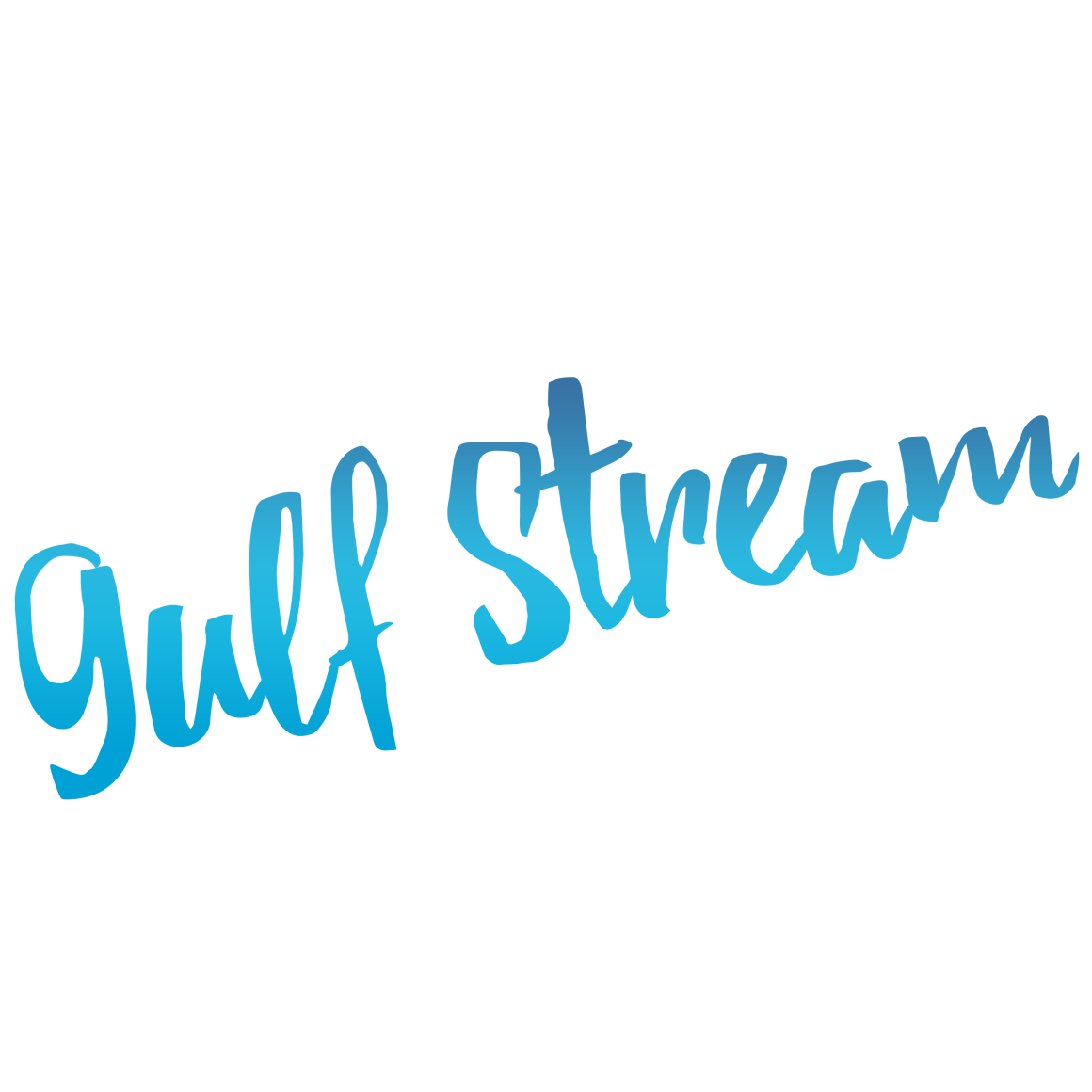Gulf Stream Magazine champions vibrant and eclectic literature and art. Based in beautiful Miami, Florida, we publish emerging and established writers from the USA and beyond. Past contributors include Sherman Alexie, Steve Almond, Jan Beatty, Lee Martin, Robert Wrigley, Dennis Lehane, Liz Robbins, Stuart Dybek, David Kirby, Ann Hood, Ha Jin, B.H. Fairchild, Naomi Shihab Nye, F. Daniel Rzicznek, and Connie May Fowler. Gulf Stream Magazine is supported by the Creative Writing Program at Florida International University in Miami, Florida.
I decided to take this mission on myself, I've built up a little rapport with the fine folks at Gulf Stream Literary Magazine so via messenger pigeon I was able to interview editor Natalie Satakovski. The transcript follows.
I’m so glad that you recommend people to read current issues—it’s amazing how many submitters don’t do this. As an editor reading through the slush pile, it’s obvious who hasn’t read our magazine.
Because Gulf Stream Magazine is run by MFA candidates at Florida International University, we have a revolving door of managing editors. I think each editor has their unique approach to what they choose to publish. In my case, I defer to my genre editors to make the final call on which pieces we accept or decline.
That said, there are definite trends to what we publish based the culture of our program. Here are a few examples.
Not trying to suck up or anything, but I think that your poem "[START AT THE BEGINNING]" is a wonderful example of what we tend to like because of its clever form. It was chosen by our 2020 Summer Contest judge Ashley M Jones, who was formerly on the editorial team of Gulf Stream but has gone on to become a superstar poet in her own right.
Another piece I was proud to publish was the creative nonfiction piece "Bayou Oysters, Bayou Oil", because of how evocative it is, while seamlessly weaving in historical detail. I think anyone can enjoy this piece. It was chosen by judge Dawn Davies as a 2020 Summer Contest finalist.
In fiction, "Street Parking" by Ashley Hand reveals our feminist streak. It was chosen as winner by contest judge Laura Lee Smith and published by editor Sam Leon.
We always want more submissions in creative nonfiction. If anyone out there reading this writes CNF, please submit to us!
Let me speak to fiction submissions as that’s where I have more expertise and influence compared to poetry and creative nonfiction.We get sooo many fiction submissions that are written in pedestrian prose. When your competition has sparkling prose, with gorgeous evocative details that the reader savors long after reading, then why should we finish reading your piece? I'm not saying it needs to be flowery—I'm a big fan of minimalism myself. But the quality on the sentence level often signals the piece will have issues with character and plot too, and generally fail to give a satisfactory reading experience.Also fun fact: Titles tend to give a lot away in terms of the quality of the piece to come. I would never decline a piece based on title alone--I will always read some or all of it--but more often than not a weirdly awkward title presages an amateur unpublishable submission.
For our Fall 2020 issue, I’m making a gutsy move by publishing an experimental and explicit piece called “The Joy You Feel”. When it came up for discussion, this high-octane piece polarized our fiction team. But Fiction Editor Michael Sheriff and I love transgressive and queer literature, so we decided to accept it.For me, experimental language should be appropriate to the content. "The Joy You Feel" has a stream of consciousness narrative that is as fragmented and tormented as the protagonist mind set, so the style really pulled me in and helped me feel this character’s experience.
I think emerging writers are accustomed to reading high quality published pieces, and ironically, doing so doesn’t give them perspective on the quality of their own work. You really need to trawl through a slush pile yourself before you gain awareness of what mediocrity truly is and how to make your own work stand out.













